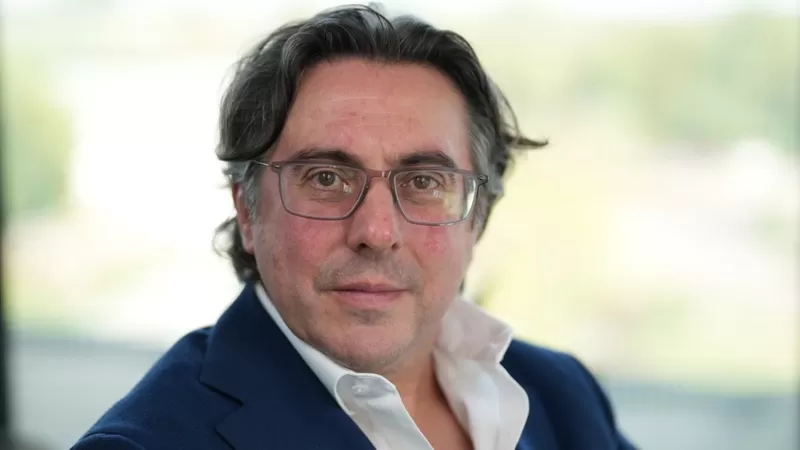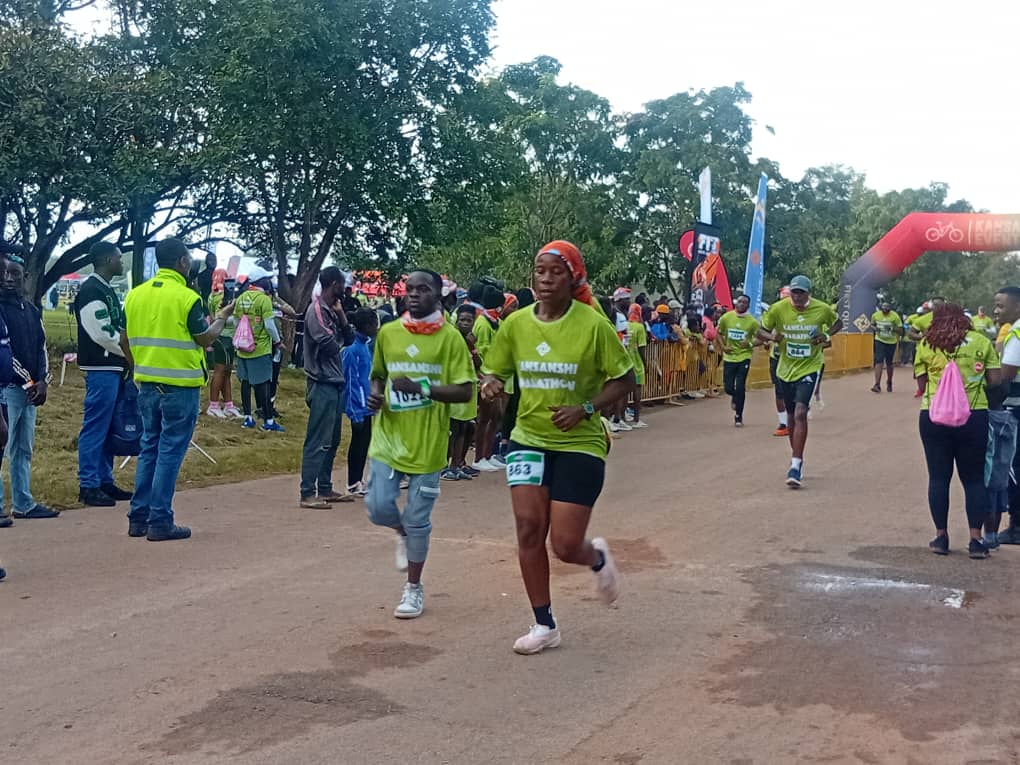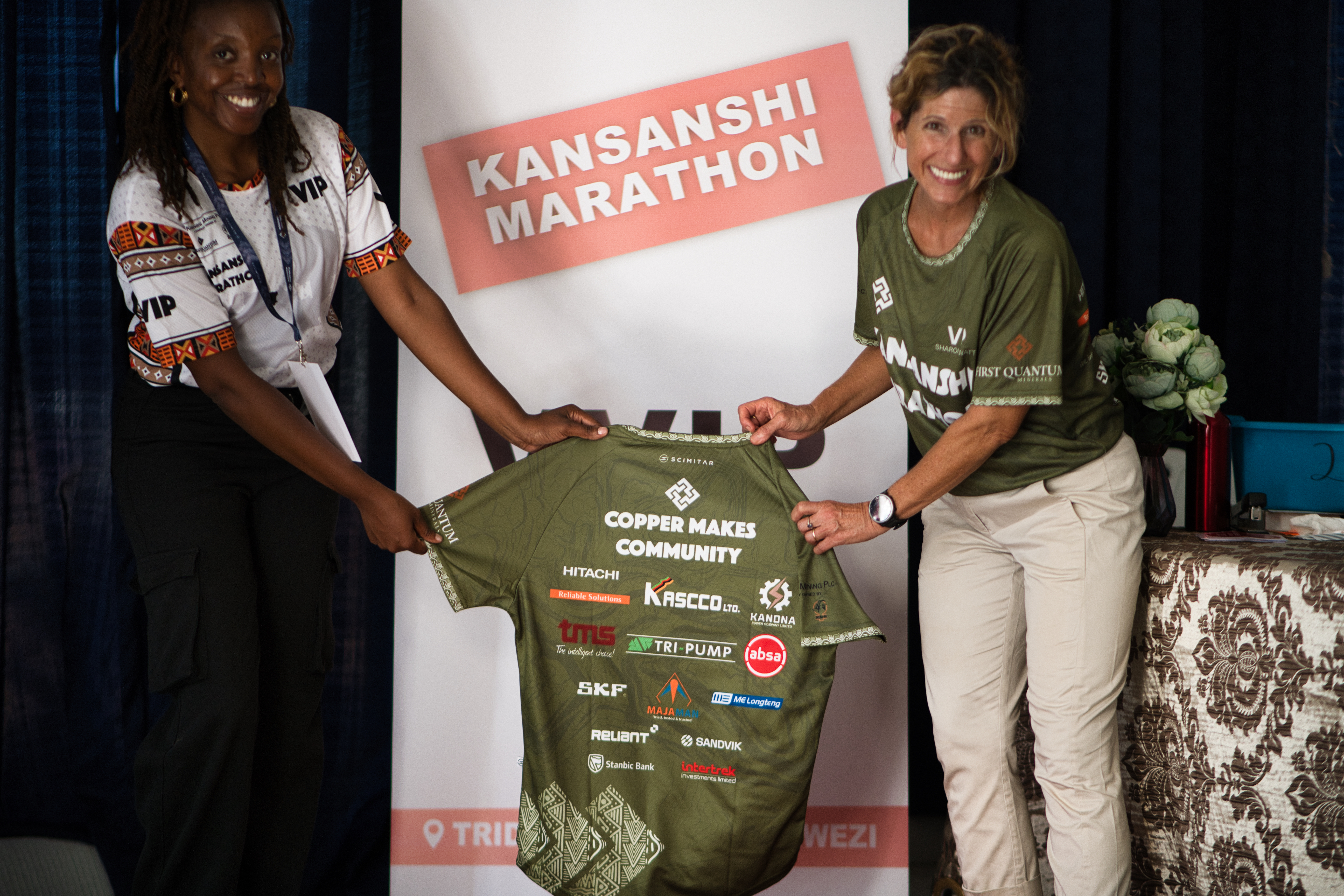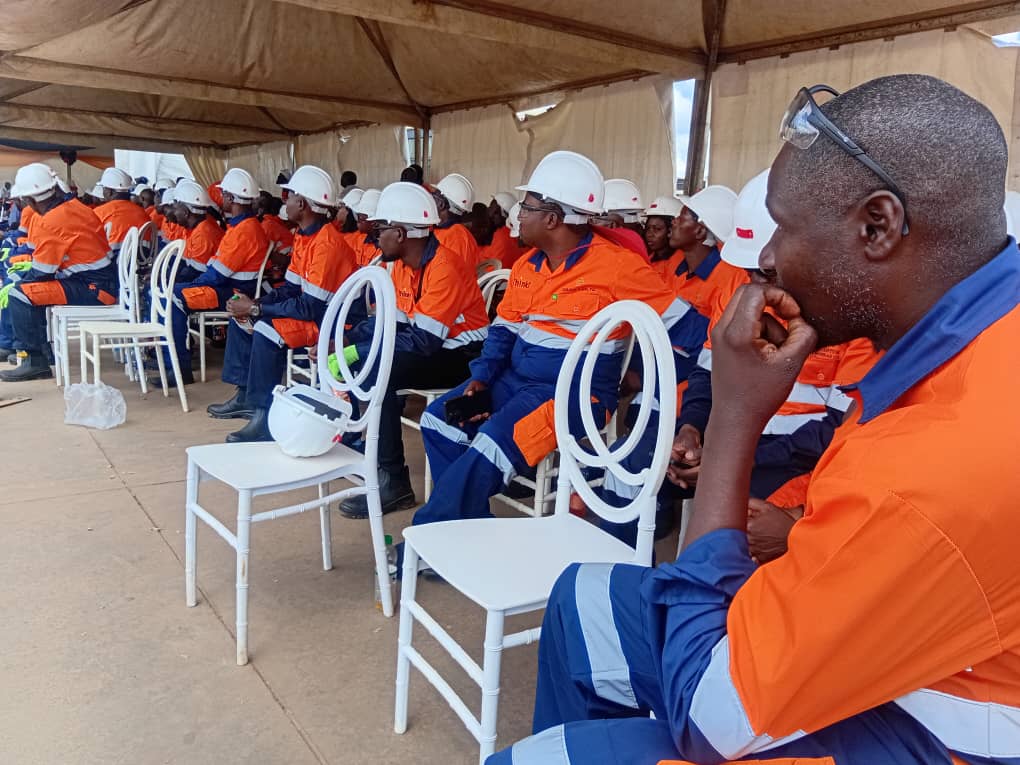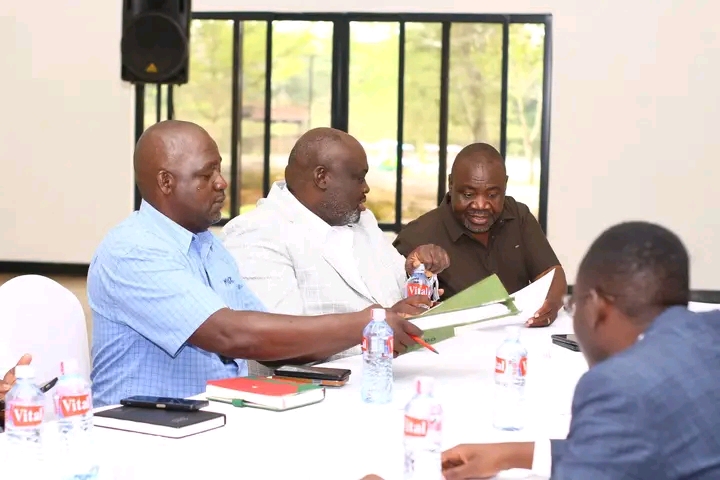As a student Andrew Hopkins came up with an idea that would revolutionise the way life-saving drugs are created.
Now a professor 16 years later, he has founded his company which uses AI for the discovery and creation of medicine.
His company Exscientia is working on a pill to prevent Covid and precision-based cancer treatments, among other projects.
His parents both worked in factories in Port Talbot and he was employed in its steelworks before going to university.
Prof Hopkins was in the middle of a PhD at Oxford University when he made the connection with computers and making medicine quicker.
”I was studying how to design new HIV drugs back in the mid-90s,” he explained.
”Coming home from the lab at about two in the morning it struck me – how could we invent drugs in a far more efficient manner than what we do now?
”The idea of how we could potentially use computers to revolutionise the way we invented drugs really stuck with me, and has stayed with me throughout my career over the next 20-25 years.”
Growing up in the shadow of the Port Talbot steelworks, his love for science was ignited.
His parents, Brian and Barbara, met in 1965 in Neath while working in a factory.
”From the age of 16 I worked as a scientist in the steelworks every summer,” he said.
“I was lucky enough that they sponsored me and I got a scholarship to go to university where I did chemistry at Manchester.
”When I graduated, I was offered a job and went back to the steelworks. It was an important part of my early education as a scientist and in fact I learnt a lot about business there as well.”
AI has been a controversial technology with many calling for greater regulation, but he believes it can and will revolutionise healthcare.
”The reason it costs so much is that most of the things we take into clinical trials fail. Around 96% of the drugs we make fail,” he said.
“It takes 15 years to go from an idea to a drug to get approval to become a medicine for patients.
”If we use AI we can now conduct 90% fewer experiments in what we need to make, test and optimise a drug than traditionally has been the case.
”We’re already showing that the drugs we’ve got in the clinic have allowed us to run projects in about 18 months compared to a traditional process of around four years.
“A scientist can work in a big pharma company for their entire career and never discover a drug. What we want to do is to enable our scientists to see a drug moving forward into the clinic and hopefully then to patients multiple times in their career.”




